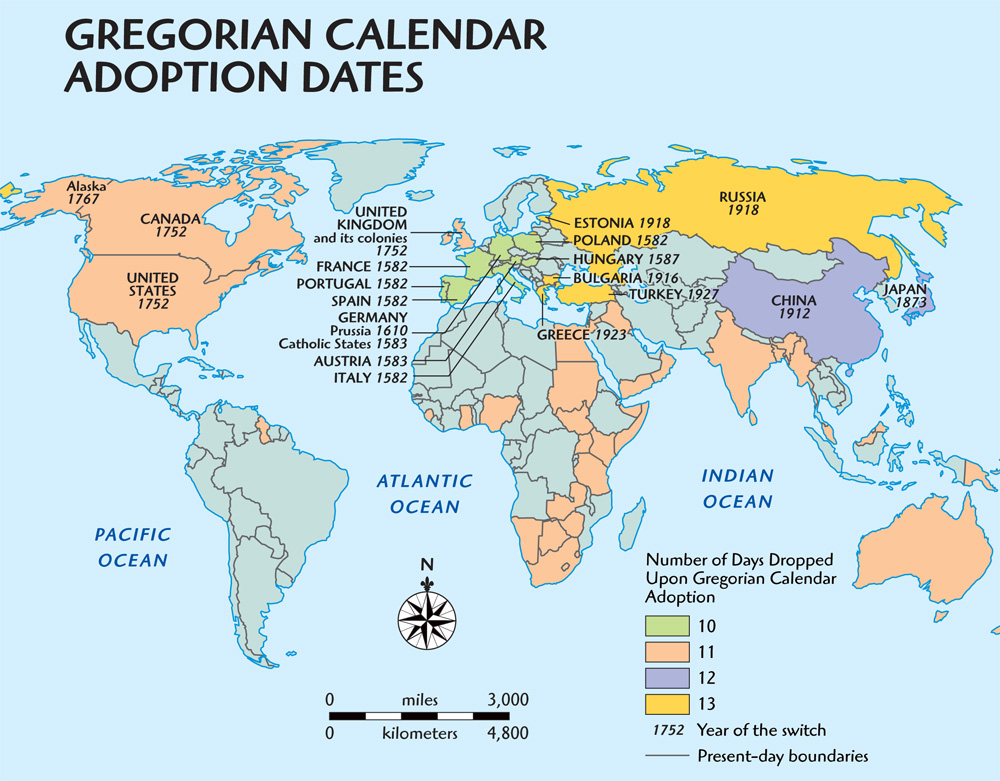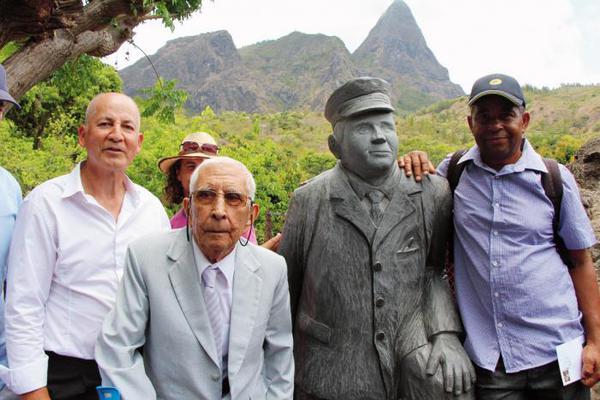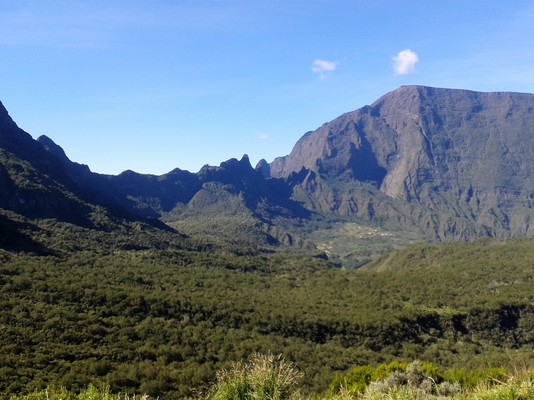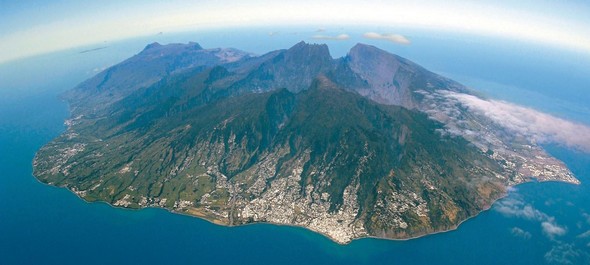Alkyonides days
Alkyonides days, in Greece, are called the warm days in the middle of winter, usually at around the middle of January, which are a welcome brake to the cold winter weather. Alkyona is a small sea bird. The tradition says that this bird lays its eggs during those warm winter days. The ancient Greek have a myth for that.
Here is the myth:
Alkyona lived happily with her husband Kyikas who was a king in Trachida. They loved each other and sometimes called each other as Zeus and Hera. That made Zeus very angry. One day that Kyikas was sailing at sea, Zeus threw a thunder on him and killed him. Alkyona couldn't believe what had happened to her beloved husband and threw herself into the sea until she found his dead body. She was so desperate and so sad that the other gods feeling mercy for her, they transformed them both into birds, the alkyones.
International Day of Greek Language
Today is the International Day of Greek Language.
So here is a short quest, try to find how many Greek words you use in your language, what kind of words they are, what are they related to and if they ask you if you speak Greek, "milate ellinika", you can say YES of course!!!! You can use the comments.
Ευχαριστώ!
It's been a year since we started this blogspot for our project. It was February and we welcome a new February.
Local customs and traditons
One of the
customs the students described, has a ritual called "Piperou". It is very old
and it takes place early in the summer. The purpose of that ritual is to
ask for rain, to water the fields and crops, during the hot and dry
summer season. The ritual is as it follows: A you ng lady is dressed in
leaves and flowers and walks around the village followed by otherwomen
and they sing the "Piperou" song asking for rain. As she walks by the
houses, the villagers throw water on her as if it was rain. The
procession ends at the seaside where they sing and dance all together,
traditional songs and dances.
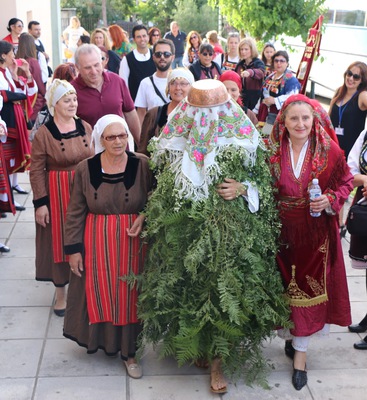
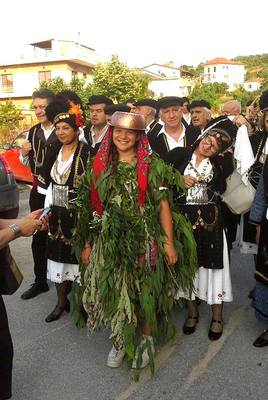
Another
custom is called "Ai Giannis Klidonas". It also take place in the
summer and it dates back to the antiquity. The ritual involves the
lighting of a big fire for catharsis. A day before we celebrate St.John -
Ai Giannis in Greek - all unmarried girls go to thecentral square of
the village, they fill a big jar, pitcher, stamna, with the "unspoken
water". They carry this water, silent, and without laughing, and they
place it in a cicle made of stones and flowers, in the central square of
the village. Inside their jar, they place a personal object such as a
ring and they cover it with a red cloth and seal it with a string. They
sleep at night with their jar in their minds, hoping to dream their
future husband. The next morning they go to church and have
celebrations.
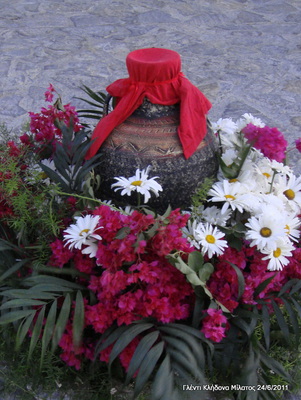
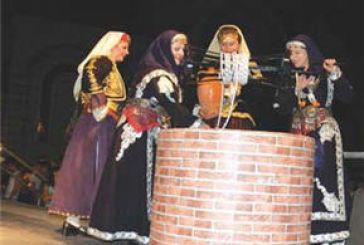
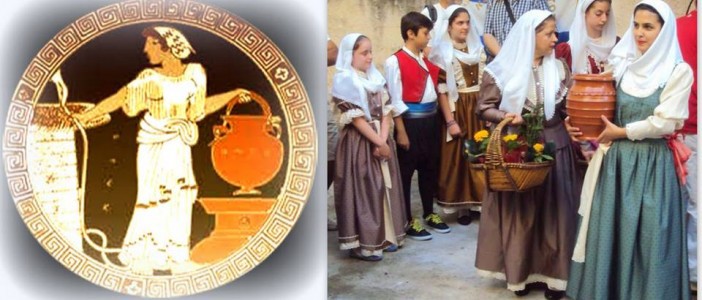
Another
custom takes place in July the 20th when Prophet Elias is celbrated.
There is an all nigh celebration and the other day there is a festival
where people eat fish (sardines) and drink wine.
There
are also many festivals and one of the is the Sardine Festival. In
Ierissos, traditionally, there are many fishermen and the sardines from
Ierissos are famous all over Greece. They eat sardines, dance and sing
traditional Greek dance and songs.
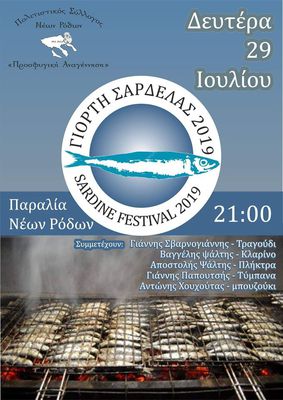
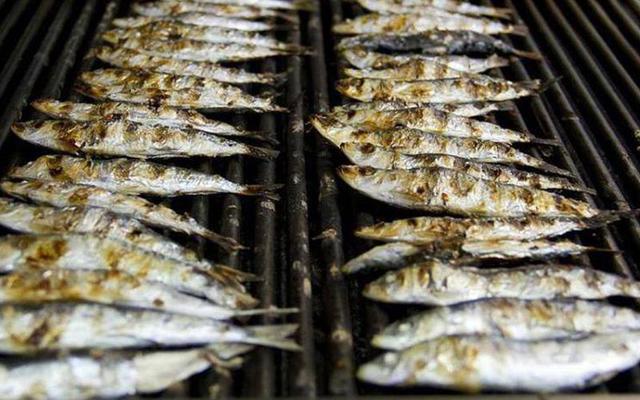
A
traditional profession in Ierissos is shipbuilding. They are excellent
shipbuilders and experts in ther craft. They get orders from all over
Greece.
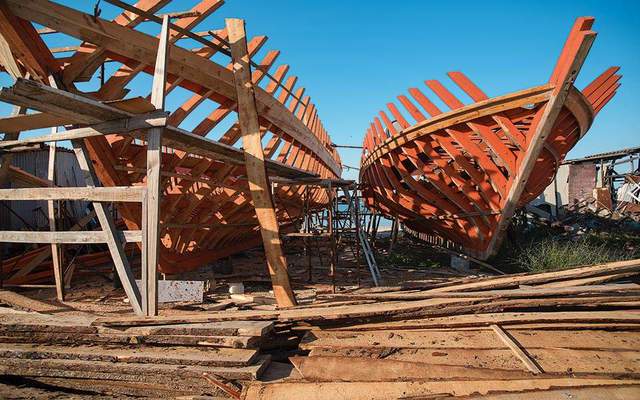
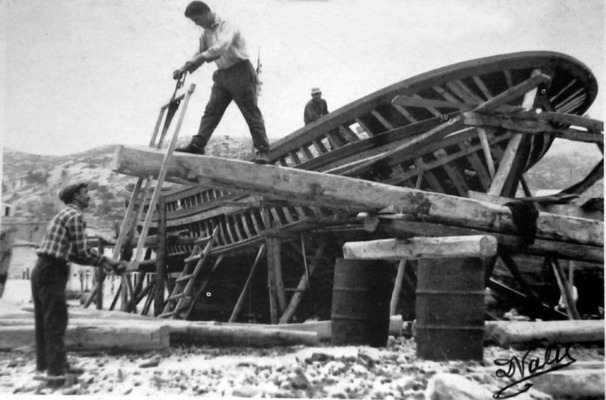
Cultivating
olives is traditional in Greece and in Chalkidiki area too. Olive
groves dominate the landscape with their beautiful silver green leaves,
producing excellent quality of olives and extra virgin olive oil. The
cultivation of the olive trr dates back to the antiquity. The winners of
the ancient Olympic games were given a wreath of olive leaves, the
sacred tree of the ancient godess Athena.
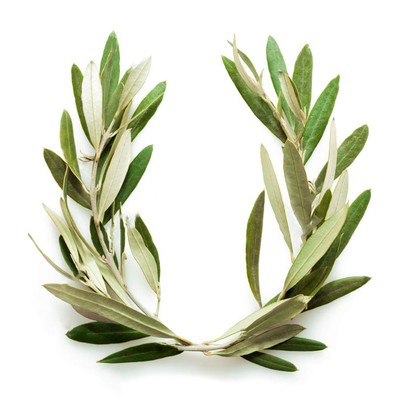
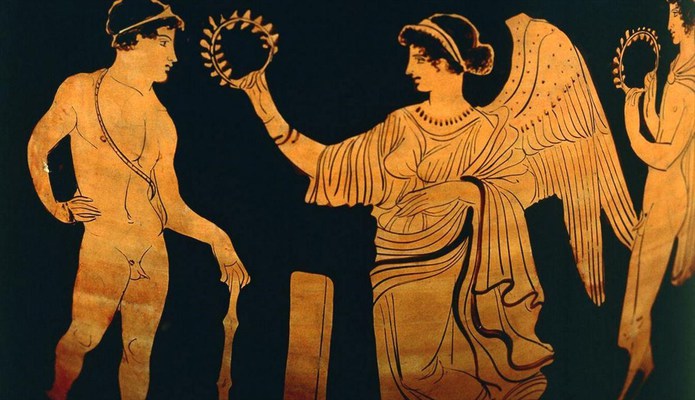
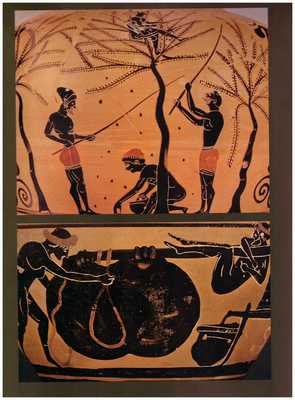
There
are many customs and traditions, national or local, which date back to
the antiquity and have been adapted to the Greek Orthodox Christian
religion.
This
season, February, start the celebrations of the Carnival, which dates
back to the Dionyssian feasts. It is a period that people dress up in
costumes, drink wine and eat meat (sausages, souvlakia, paedakia,
brizoles - names of meat dishes). It is a short peoriod which ends in
Shrove Monday, when the forty days lent before Easter, begins. It is
deeply connected to the beginning of Spring and the revival of Nature.
These
are only a few information about customs and traditions in our place
and our country. We hope yo find them interesting.



















